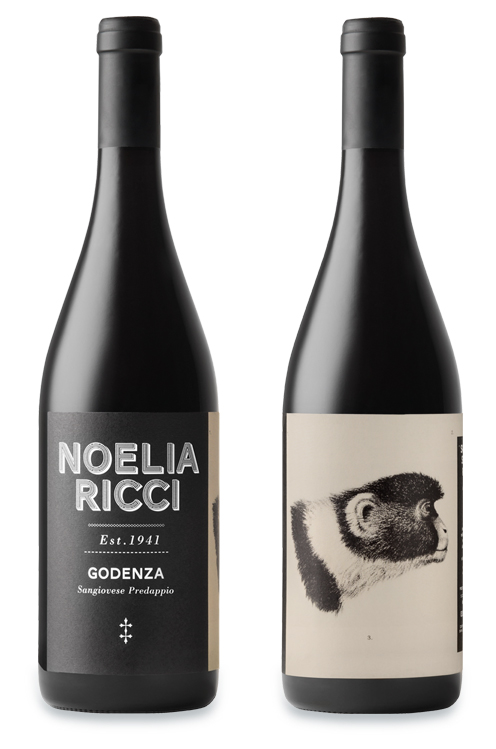
Godenza, Sangiovese Superiore
From organically farmed Sangiovese grapes, handpicked in the historic Vigna Godenza, is born a wine, that goes back to the origins and traditions of the territory of Predappio. An elegant, easy-drinking expression of Sangiovese di Romagna.
Appellation: Romagna DOC, Sangiovese, Predappio
Type: Red, dry
Varietal: 100% Sangiovese Grosso, Romagna biotype.
Farming: Sustainable farming and, since August 2018, the winery is in the process of organic conversion.

